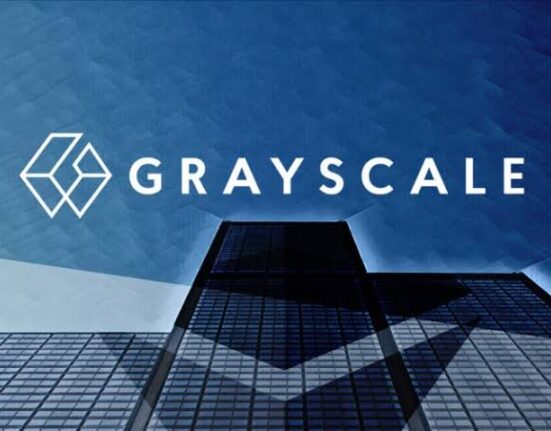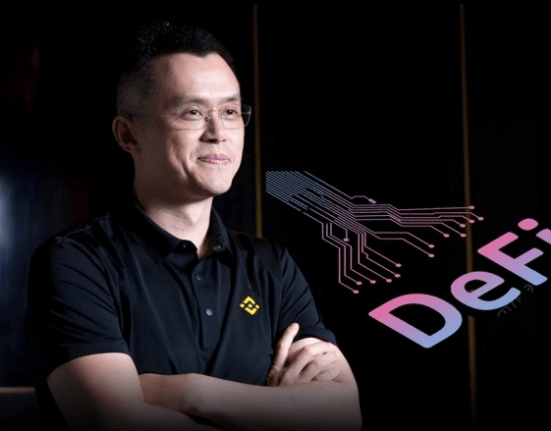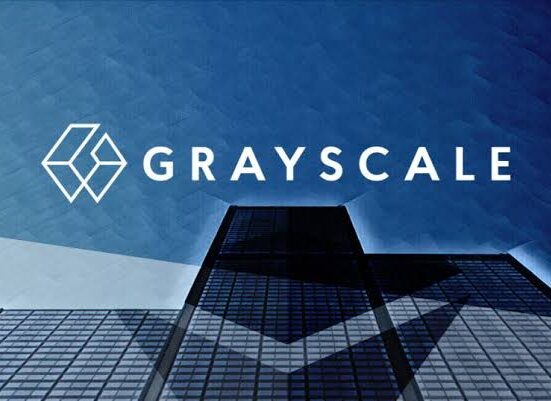Just one day after being live, a platform that, among other advantages, allows users to swap tokens for rewards and cheap fees attracted $150 million, increasing the overall value of the DeFi ecosystem on the Base blockchain by 80%.Developed in partnership with Base developers, Aerodrome is a product by Velodrome that aims to serve as a “business development protocol” for the Base ecosystem by assisting with project launch, onboarding new projects and tokens, and producing liquidity for the ecosystem. Its developers want to replicate the success of Velodrome, one of the most popular platforms on the Optimism network, which has over $288 million in locked value.Similar to Velodrome, Aerodrome pays out its AERO tokens to platform users that make swaps, offer liquidity, or take part in governance. According to developer papers, there are 500 million AERO tokens overall, of which 450 million are locked for four years.The 50 million tokens set out for voter rewards and initial liquidity are the only AERO that are liquid at launch. How it works The fact that awards emitted are linked to overall liquidity rather than trading volume, which produces fees for the protocol, is a major issue for decentralized exchanges.To counter this, services like Aerodrome enable owners of its native AERO token to lock their holdings for a period of time ranging from one week to four years, resulting in veAERO, a vested AERO token. The user’s veAERO, which gives them more voting power on governance issues, increases with the length of the lock.The Velodrome has a similar technology.These locked veAERO are represented as NFTs, and these NFTs can be sold on various NFT exchanges.In place of purchasing tokens, locking them up, and managing that position, other users can then buy these NFTs to acquire direct exposure to the ecosystem. The veAERO tokens allow users to participate in platform governance and, more crucially, to influence the incentive structures of the trading pools the platform offers.In exchange, these voters get 100% of all fees and kickbacks collected by the particular pools they choose. By attracting users to prizes, encouraging them to buy more AERO, and allowing them to vote on which projects’ tokens to promote, add, and further reward, these features provide a flywheel of liquidity that keeps the network functioning. And so far, the strategy appears to be effective.According to data, the Optimism project Velodrome generated over $3 million in platform profits in the last month, of which $1.3 million was distributed as fees to VELO holders and users.































